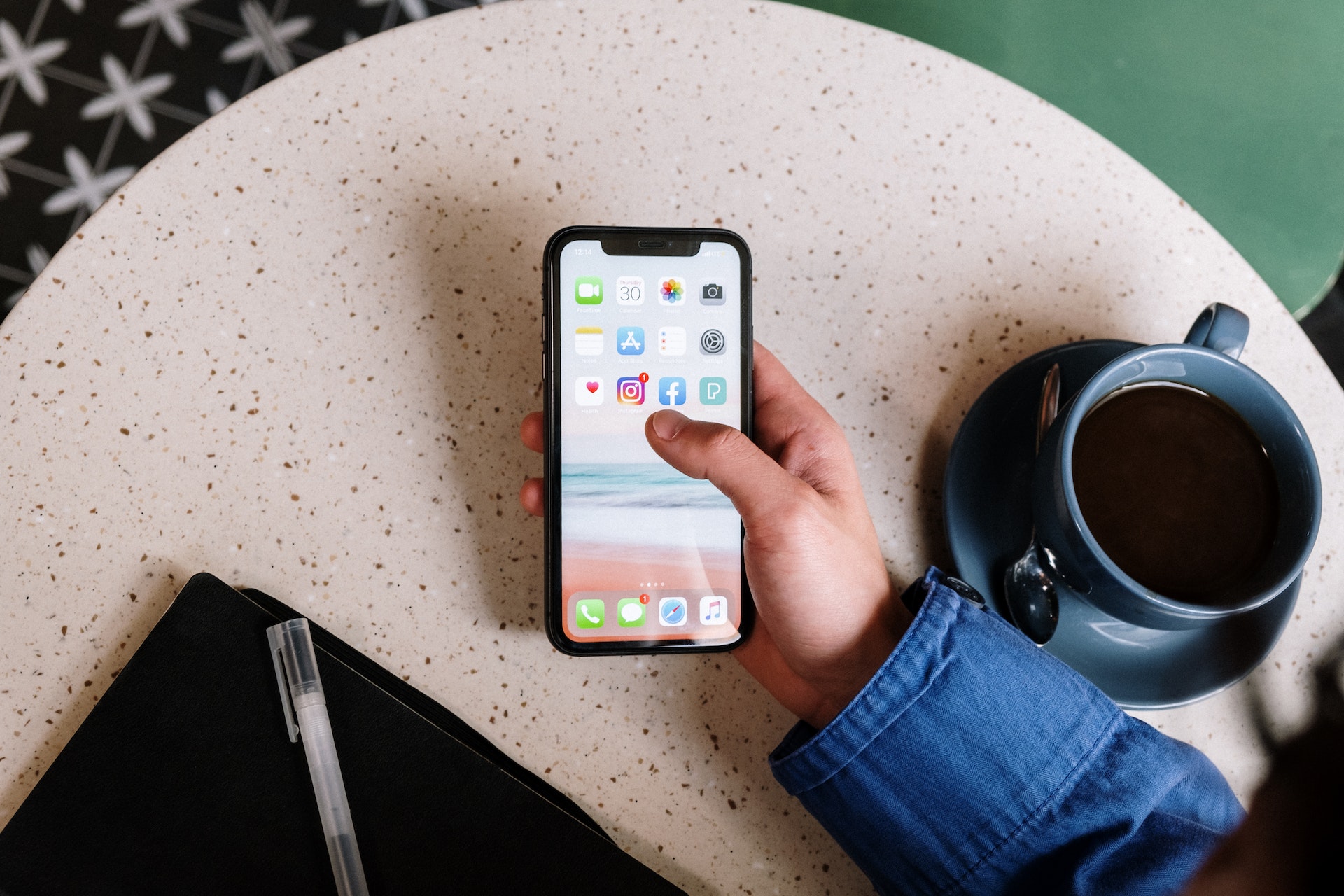Social Media and Depression - What are the Risks?
Social media can have detrimental effects on a person's mental health. It can make a person feel insecure due to constant upward social comparisons. It can also trigger a person's fear of missing out, a phenomenon often attributed to millennial ennui.
Impact of Social Media on Psychiatric Symptoms
Social media is a powerful tool that facilitates the exchange of ideas, thoughts and information. However, it has many downsides as well, and excessive social media use can negatively affect a person's mental health. Research suggests that social media can cause depression, anxiety and feelings of isolation.
The use of social media is so prevalent in modern society that it has become a part of the daily lives of many people. This technology is now associated with a variety of negative side effects, including depression, and it alters brain chemistry. One study by Dr. Siegal shows that heavy use of social media changes the way people relate and form relationships. According to her research, social media physically rewires human brains, and it replaces face-to-face communication and interactions.
Another study, involving 200 individuals, explored the relationship between hours of social media usage and the risk of depression. The researchers found a significant correlation between social media hours and depression. In fact, more hours spent on social media were linked with increased risk of depressive symptoms, accounting for 5% of the variance in depressive symptoms.
Effects of Time Spent on Social Media on Mood
A study conducted by the University of California revealed that time spent on social media can affect your mood. It found that those who spend more time on social media were more likely to develop depression and anxiety. The authors attribute this to a variety of factors, including cyber-bullying, distorted views of other people's lives, and feeling like the time spent on social media is a waste of time.
Researchers found that high social media use increases feelings of loneliness, while low social media use increases feelings of well-being. This may be because humans need to interact with real people to stay mentally healthy. Face-to-face interactions reduce stress and boost mood. It's no surprise, then, that social media use can be detrimental to your mental health.
The researchers then used a Pearson Correlation Analysis to examine the relationship between hours spent on social media and depressive symptoms. This correlation was found to be highly significant. Despite being positive, the correlation between hours of social media usage and depression is significant and accounts for 5% of the variance in depressive symptoms.
Motivations for Using Social Media
Researchers conducted a cross-sectional study to examine the effects of time spent on social media on motivations to use the platform. The study included 339 undergraduate students who answered questionnaires about their motivations to use social media. Participants were asked about their social media preferences, including Facebook, Instagram, Snapchat, and Twitter. They were also asked to rate their satisfaction with these sites. Using multiple regression methods, researchers found that participants' motivations for using social media were related to the time spent on the platforms.
In addition, students who engaged in frequent social media reported spending a significant amount of time on social media. They reported spending time checking their social media accounts and posting on Facebook. These activities diverted their attention from the primary task of studying. This, in turn, impacted their academic performance.
A recent study conducted by the New York Times Consumer Insight Group sought to determine whether time spent on social media had any effect on motivations to use the platform. The study revealed that people use social media for a variety of purposes, including growing relationships, creating a community, and stress-relieving purposes.
Social Media and Relapse
Researchers recently found a connection between social media use and depression. While the cause of this link is unclear, addiction to social media could play a part. As such, clinicians may want to ask patients about their social media use patterns, especially if they are maladaptive. One of the authors of the study, Ariel Shensa, and colleagues from the University of Pittsburgh School of Medicine, randomly selected 1,763 participants who voluntarily filled out questionnaires about their depressive symptoms and addictive behaviors.
The authors also found that excessive use of social media increased the risk of depression in adolescents. Although the OR for this association varied between CS, LS, and gender, they all found a significant association between social media use and the risk of depression. This association, however, was mediated by gender.
Another study conducted by Davidson and colleagues focused on the role of peer support in the recovery of individuals with serious mental illness. The report of this field study was published in Schizophrenia Bulletin. Other studies, involving the classification of human affective states in social media, included De Choudhury and M. (2013).



Comments
Post a Comment